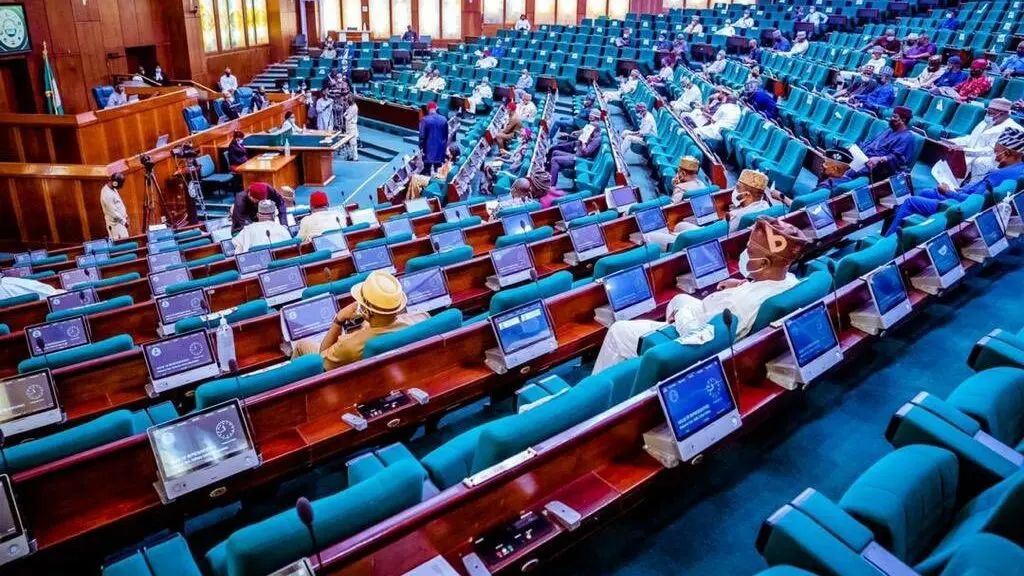Manufacturers Inventory of unsold finished products shot up significantly by 45.4 percent, Year-on-Year (YoY), in the first half of 2023 (H1’23) to N271.96 billion from N187.08 billion in the corresponding period of 2022 (H1’22) on account of escalating inflationary pressures.
The development also resulted in 3,567 job losses in the sector during the period.
The Manufacturers Association of Nigeria (MAN) stated this in its First Half of 2023 Economic Review made available to Vanguard, adding that the situation was compounded by the scarcity of naira in the first quarter of the year (Q1’23) and the aftermath of the subsidy removal by the federal government.
The report stated: “The inventory of unsold finished products in the manufacturing sector saw a significant increase to N271.96 billion during the first half of 2023, as compared to N187.08 billion recorded in the corresponding period of 2022. This indicates a substantial rise of N84.88 billion or 45.4 percent over this timeframe.
“This increase in inventory can be attributed to a weakened purchasing power of the consumers, brought about by diminishing real household income resulting from the ongoing escalation of inflationary pressures, compounded by the scarcity of naira in the first quarter of the year and the aftermath of the subsidy removal.”
READ ALSO: Nigeria’s inflation rises to 25.80%, says NBS
Meanwhile, a total of 3,567 jobs were lost in the manufacturing sector in H1’23, representing an increase of 1,855 in job losses when compared with the 1709 job lost in the corresponding period in 2022 (H1’22), and an increase of 805 jobs lost when compared with 2708 jobs lost in H2’22.
Director General, MAN, Segun Ajayi-Kadir, attributed the increase in job losses to the unfriendly business environment and hastily implemented policies such as the fallout of the naira redesign leading to the scarcity of currency notes in the first quarter of the year.
“The decline in the number of jobs created in the sector during the period further highlighted the unfriendly business environment resulting from the hasty policies and residual effect of the currency redesign policy that led to naira crunch,” he added.
Source: Vanguard











